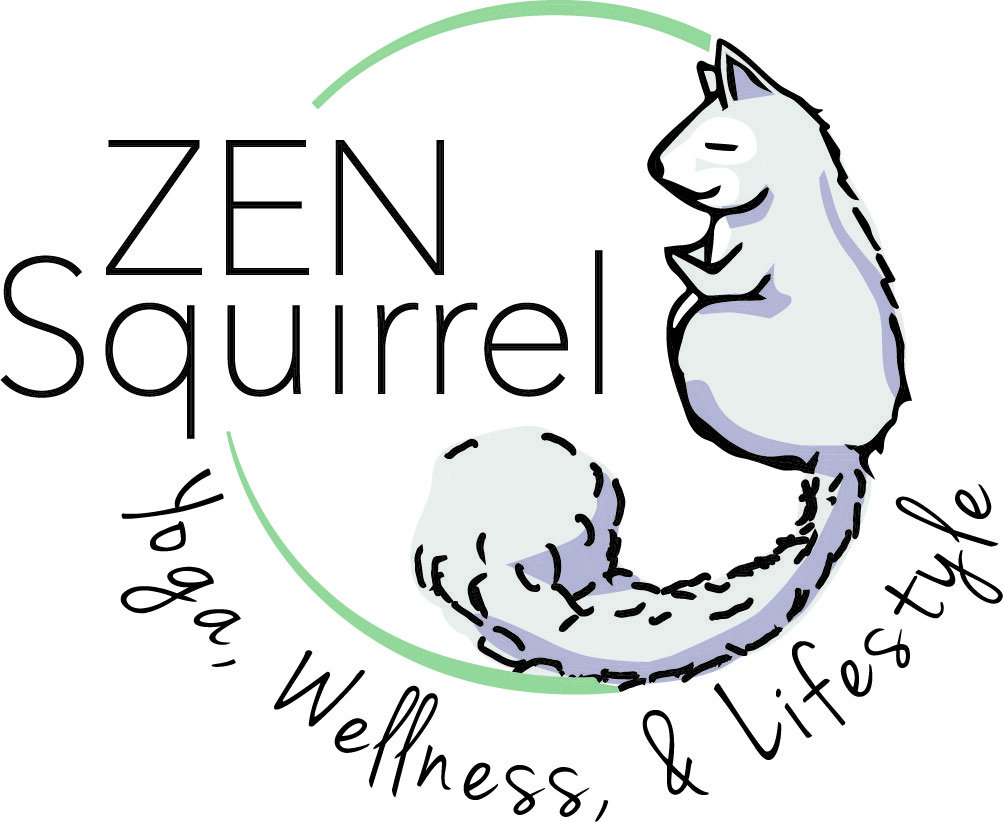
Zen Squirrel Blog
Lessons from Nepal #1 - Open Heart
My husband and I were walking along the lake in Pokhara, Nepal enjoying the views of nature, shops, and people that we saw along the way. An elderly Nepali man was sitting near the path splitting wood with a handheld tool. As our path crossed the area where he was working, I became fascinated and paused to see what he was doing. "Eyes broken", he questioned as he stopped working. I was processing his intent and did not respond in words or expression. A louder and angrier "eyes broken" met my silence. You could feel the hostile energy as his eyes met mine. We quickly continued along the path, and I was filled with fear. At a week into our trip, this was our first day without our guide, and I longed for the ease that came with his guidance and friendship. We were truly in another world.
Later in the streets near our hotel, we passed an elderly Nepali woman. Her gray hair was pinned back, she was carrying a bright pink umbrella to shield herself from the afternoon sun, and was wearing a beautiful pink sari. There was a beauty and grace about her, and I admit that I stared a bit too long. My eyes met hers and I gave her my warmest smile. She greeted us with a "namaste", and we returned the greeting. After we passed, her friendly voice commented, "always smiling, never talking". Her words stuck with me as we continued on our way.
"Your task is not to seek for love, but merely to seek and find all the barriers within yourself that you have built against it." - Rumi
We all hold some sort of barriers. I believe that every interaction can be a lesson. Both of these encounters point to some of my personal barriers. Caution and reserve are my protective bubble, and they are driven by fear and shyness. They are a barrier to experiencing love and friendship. They can close relationships before they even start. Would the man have responded differently if I had said, namaste, may I watch you work? Maybe, and maybe not, but his words can be a lesson and a gift.
I found most of the people in Nepal to be open, loving, kind and giving. I have new friendships that I will treasure forever. It is also glaringly obvious that as a personal practice, I must begin to enbrace these qualities. My meditation, my yoga practice, and my daily life will focus on breaking down barriers and finding an open heart. Very often, what you give is what you get. Give what you seek, and it will return to you.

"Thousands of candles can be lit from a single candle,
and the life of the candle will not be shortened.
Happiness never decreases by being shared." - Buddha
Happiness and love are contageous. Take a few moments to ponder each of your interactions (even the negative ones). They are a gift, and contain lessons that will help you find what you seek. Each day, share a little more and watch the beauty that unfolds.
Namaste - Beth
All a Matter of Perspective
Many people who view the Yoga Rope Wall for the first time approach it as either a jungle gym or a midievil torture device. I have observed both fear and childish excitement in my students. I see the Yoga Rope Wall is a wonderful tool that can be used to transform your practice through support, length, and alignment, but it's all a matter of perspective.

The Yoga Rope Wall offers length during inverted backbends.
Much of our regular practice is also a matter of perspective. One person's favorite pose is another's worst nightmare. The "perfect" pose one day may be a source of struggle the next. The key in yoga is to find mental and physical balance and ease, even during the difficult times.
I would like to offer the idea that the same applies to our lives. A rain storm during your jog may be a cooling treat or something that brings sorrow and pain. A traffic jam may offer an unavoidable moment of solitary peace, or an anxiety ridden obstruction. Perspective changes everything.
Every day both on and off the mat, the choice is yours. Every moment is what you make of it. Here are a few ways to start.
1. Think of your least favorite yoga pose. We all have one, that one that makes you want to run to child's pose every time.
2. Observe the way your body reacts when this pose comes up in your practice (or when you think about it). Notice if you have any unnecessary tension (maybe shoulders or jaw), and try to release it.
3. Observe the negative thoughts that may go through your head. Don't judge the thoughts, but acknowledge them and release them. Don't dwell on them.
4. Notice any changes in the patterns of your breath. Try to return it to normal.
5. Notice if #2, 3 & 4 help to improve your experience in the pose. If not, allow yourself to come out early without judgement.
You may have some of the same reactions during your daily life. If you feel negatively about a certain situation or person, observe if you are having some of the same physical responses. Try to soften your responses without judging them. It is all a matter of perspective. If you can change your responses in a situation, you can begin to have a whole new experience. The choice is yours, and it's all a matter of perspective.
Namaste - Beth




